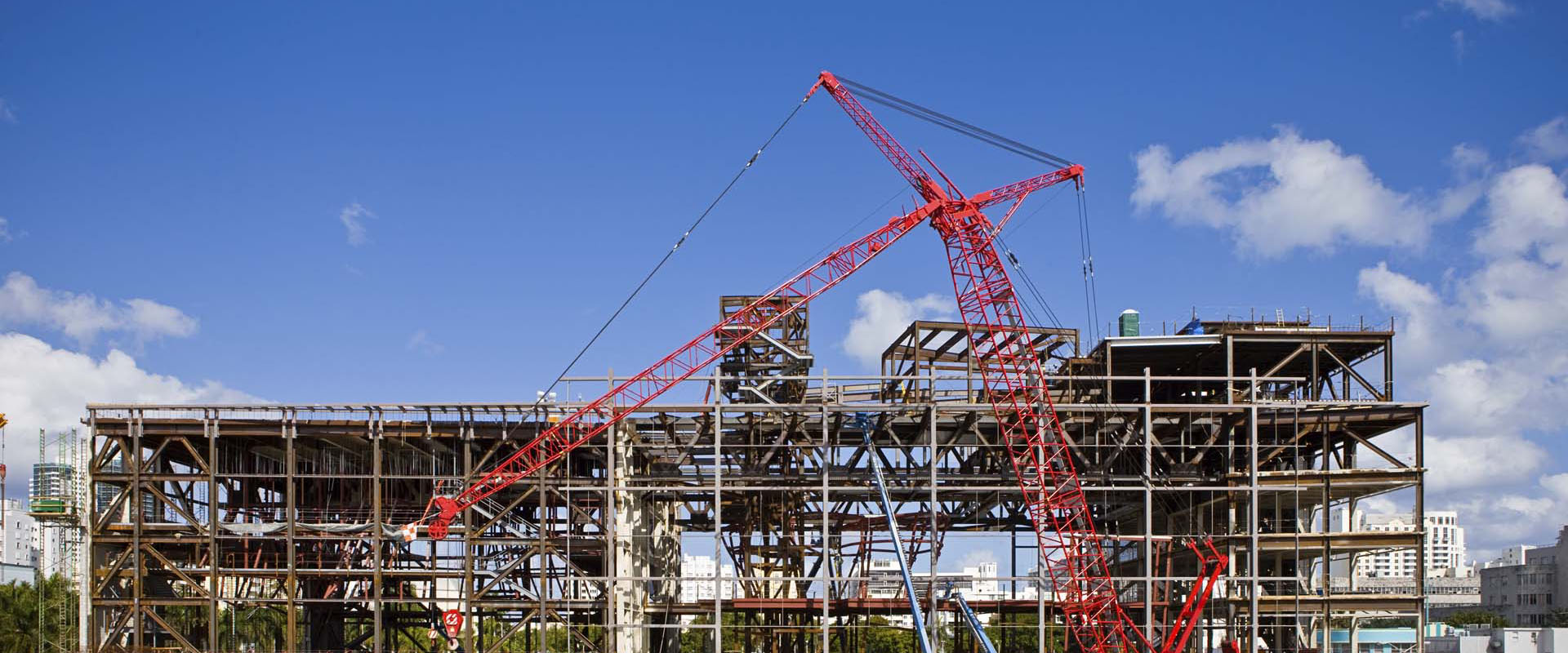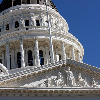Level I Developer Fee Raised, and Important New Requirements to Adopt Justification Studies and School Facilities Needs Analysis

March 2022
Number 14
In each even calendar year, the State Allocation Board (SAB) adopts an inflationary increase to what is commonly known as the “Level 1” school impact fee. At its meeting on February 23, 2022, the SAB increased the statutory Level 1 fees by 17.45 percent, to $4.79 per square foot for residential construction and $0.78 per square foot for commercial construction.
In order to collect either Level 1 fees, or the higher Level 2 fees, school districts must first prepare and adopt a justification study for Level 1, or a School Facilities Needs Analysis (SFNA) for Level 2. Those school districts with studies already in place may increase their fees to the new regulatory rate only to the extent the studies justify the higher regulatory fee. Those adopting new studies may need to observe new requirements enacted in 2021, at least in the immediate future.
Assembly Bill (AB) 602 requires public agencies that conduct Level 1 justification studies and Level 2 SFNAs to adhere to new adoption and noticing requirements. The text of AB 602, as currently enacted, applies to all public agencies, expressly including school districts. However, the legislative history of AB 602 indicates that it was originally not intended to apply to school fees. Based on our communications with the staff of the Assembly Member who authored AB 602, there may be a forthcoming legislative “clean up” to render it inapplicable to school fees. AB 602 also authorizes any member of the public to submit evidence that the local agency has failed to comply with the Mitigation Fee Act and requires that the local agency’s legislative body consider any such timely submitted evidence.
Fee Justification Studies Require Additional Noticing Period Prior To Adoption and Must Be Updated Every Eight Years
AB 602 added section 66016.5 to the Government Code. This section imposes several new requirements on any local agencies, including school districts, that adopt a justification study or SFNA after January 1, 2022. Most germane to school districts:
The California Department of Housing and Community Development (HCD) Has Been Tasked with Creating an Impact Fee Nexus Study Template
AB 602 also added a new section 50466.5 to the California Health and Safety Code that mandates that HCD create an impact fee nexus study template by 2024 that may be used by local jurisdictions, including school districts. HCD can contract with nonprofit or academic institutions to create this template. Because the relevant laws apply to various types of agencies, it remains to be seen whether this new template will comply with the Education and Government Code sections that are specific to school districts.
Takeaways
Unless and until clean-up legislation removes school districts from the scope of AB 602:
Lozano Smith has made the current version of the handbook available here. For more information on the Developer Fee Handbook, or to order a copy, you may also contact our Client Services department at clientservices@lozanosmith.com or call (800) 445-9430.
If you have any questions about AB 602, or developer impact fees in general, please contact the authors of this Client News Brief or an attorney at one of our eight offices located statewide. You can also subscribe to our podcasts, follow us on Facebook, Twitter and LinkedIn or download our mobile app.
Number 14
In each even calendar year, the State Allocation Board (SAB) adopts an inflationary increase to what is commonly known as the “Level 1” school impact fee. At its meeting on February 23, 2022, the SAB increased the statutory Level 1 fees by 17.45 percent, to $4.79 per square foot for residential construction and $0.78 per square foot for commercial construction.
In order to collect either Level 1 fees, or the higher Level 2 fees, school districts must first prepare and adopt a justification study for Level 1, or a School Facilities Needs Analysis (SFNA) for Level 2. Those school districts with studies already in place may increase their fees to the new regulatory rate only to the extent the studies justify the higher regulatory fee. Those adopting new studies may need to observe new requirements enacted in 2021, at least in the immediate future.
Assembly Bill (AB) 602 requires public agencies that conduct Level 1 justification studies and Level 2 SFNAs to adhere to new adoption and noticing requirements. The text of AB 602, as currently enacted, applies to all public agencies, expressly including school districts. However, the legislative history of AB 602 indicates that it was originally not intended to apply to school fees. Based on our communications with the staff of the Assembly Member who authored AB 602, there may be a forthcoming legislative “clean up” to render it inapplicable to school fees. AB 602 also authorizes any member of the public to submit evidence that the local agency has failed to comply with the Mitigation Fee Act and requires that the local agency’s legislative body consider any such timely submitted evidence.
Fee Justification Studies Require Additional Noticing Period Prior To Adoption and Must Be Updated Every Eight Years
AB 602 added section 66016.5 to the Government Code. This section imposes several new requirements on any local agencies, including school districts, that adopt a justification study or SFNA after January 1, 2022. Most germane to school districts:
- The local agency must adopt the study prior to adopting any associated development fee. Previously, school districts could adopt the impact fee nexus study simultaneously with the adopted fee amounts. School districts may adopt both the study and any corresponding fee adjustment at the same meeting, but the two items should be agendized separately.
- If applicable, the study must identify the existing level of service for facilities, any proposed new level of service, and explain why the new level of service is appropriate. If the study supports an increase to the existing fee, the local agency must review the assumptions of the former study and evaluate the amount of fees collected under that prior fee amount. It is unclear how and if this requirement will apply to school districts.
- A local agency must now post a 30-day notice of the public hearing where the study will be adopted and provide that same notice to any member of the public that requests notice. Previously, school districts were only required to provide a 14-day notice of the public hearing where studies could be adopted.
- Justification studies must now be updated at least every eight years, from the period beginning on January 1, 2022. Previously, once enacted, Level 1 fees remained effective without any express termination date. Note that this requirement does not impact Level 2 SFNAs, which continue to require annual adoption.
The California Department of Housing and Community Development (HCD) Has Been Tasked with Creating an Impact Fee Nexus Study Template
AB 602 also added a new section 50466.5 to the California Health and Safety Code that mandates that HCD create an impact fee nexus study template by 2024 that may be used by local jurisdictions, including school districts. HCD can contract with nonprofit or academic institutions to create this template. Because the relevant laws apply to various types of agencies, it remains to be seen whether this new template will comply with the Education and Government Code sections that are specific to school districts.
Takeaways
Unless and until clean-up legislation removes school districts from the scope of AB 602:
- School districts should be mindful of the expanded 30-day notice period prior to holding a hearing to adopt a new fee study when developing their study adoption timelines going forward.
- Level 1 fee justification studies must be updated every eight years, as of January 1, 2022.
- School boards should be aware of their obligation to review evidence submitted by any member of the public indicating that the proposed study is deficient.
Lozano Smith has made the current version of the handbook available here. For more information on the Developer Fee Handbook, or to order a copy, you may also contact our Client Services department at clientservices@lozanosmith.com or call (800) 445-9430.
If you have any questions about AB 602, or developer impact fees in general, please contact the authors of this Client News Brief or an attorney at one of our eight offices located statewide. You can also subscribe to our podcasts, follow us on Facebook, Twitter and LinkedIn or download our mobile app.
Disclaimer: As the information contained herein is necessarily general, its application to a particular set of facts and circumstances may vary. For this reason, this News Brief does not constitute legal advice. We recommend that you consult with your counsel prior to acting on the information contained herein.






